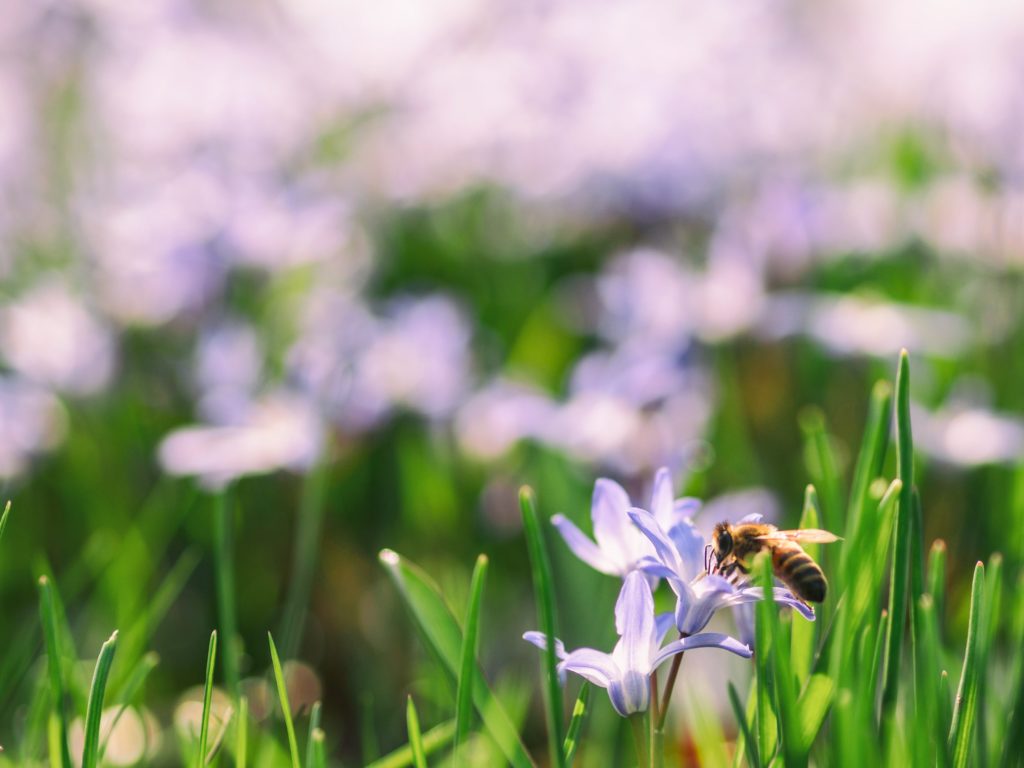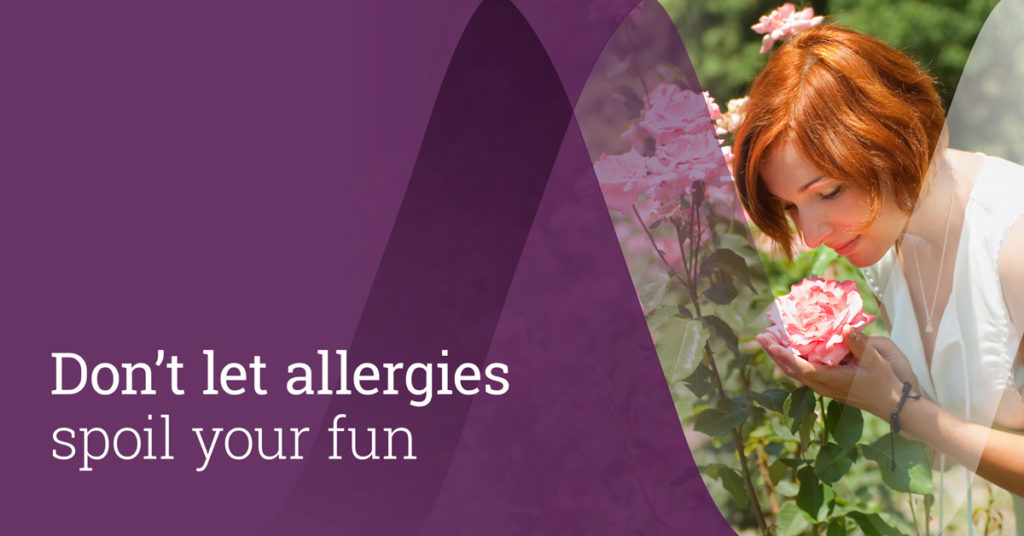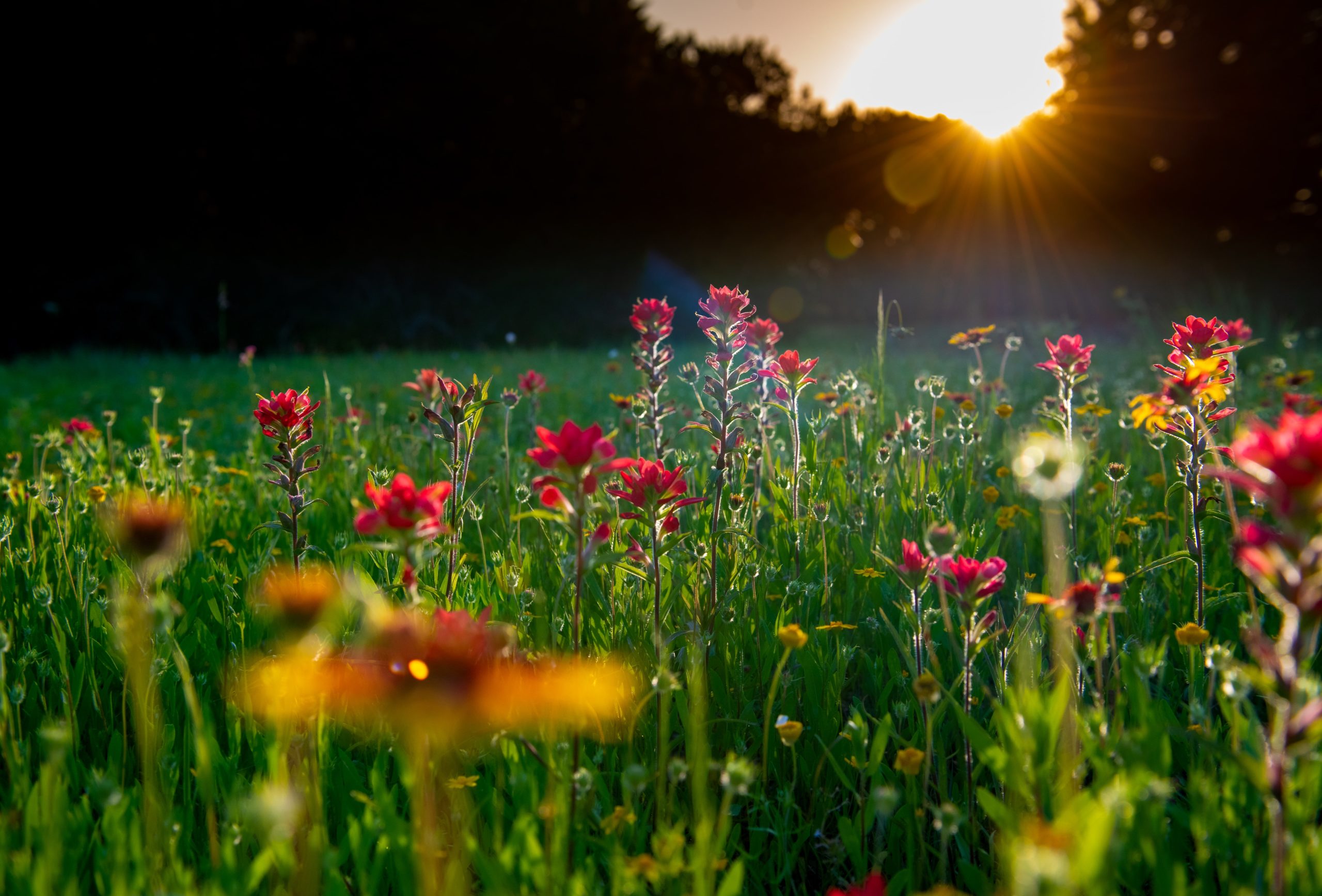Hay fever is getting more widespread than ever. Symptoms can affect your work life, but also your spare time, physical activities, travels and general wellbeing. But why does it feel like it’s getting worse every year?

What is hay fever?
Hay fever is an excessive immune response to airborne allergens such as pollens, dust or pet hair. Hay fever symptoms can include:
· runny nose
· itchy or red eyes
· sneezing
· cough
· itchy nose or throat
· fatigue
What type of pollen allergy do you have?
There are three main types of pollen: tree, grass and weed.
If you feel pretty bad during summer months, chances are your allergy triggers is grass pollen or weeds.
Why is your hay fever getting worse?
Hay fever affects over 400 million people worldwide and numbers are increasing.
More and more people are now suffering with allergies or present more severe symptoms.
But why are pollen allergies becoming so common?
Environmental factors
The growing hay fever prevalence is mainly due to environmental factors:
· Climate change – high and long-lasting temperatures make pollen season last longer
· Carbon dioxide – pollution has been proved to raise the number of pollens present in urban contexts
· Prevalence of male trees and plants – male plants are easier to maintain and that’s why they are more frequently planted in cities, but they release more pollens in the air than female species
Hay fever has very much become an urban phenomenon.
Genetic risk
Environmental factors play a great role in triggering allergies, but genetic risk accounts for about 50 (study), has discovered 20 new risk genes for a total of 41 responsible for triggering allergic responses including food allergy treatment.
The same study also found an overlap between risk genes for hay fever and risk genes for autoimmune diseases such as type 1 diabetes, rheumatoid arthritis and inflammatory bowel disease.
What to do if your hay fever symptoms are worsening
Dr Kirsty Schmidt, GP at New Victoria Hospital, comments “With hay fever being worsening during summer months, it’s important to monitor symptoms and manage allergy with the correct therapies”.
The most common allergy treatments include:
· Antihistamines – it’s a tablet that can help with all the symptoms of hay fever in one go and there are several different ones
· Nasal sprays – steroid nasal sprays can be very helpful if you mainly get nose symptoms like sneezing and itching and are easy to use
· Eye drops – they can help relieve itchy and sore eyes
You can also take a combination of the medications to get on top of your symptoms if you need.

GP top tips to go through pollen season
“There are also other things that you can do to prevent or weaken your allergic reaction. – continues Dr Schmidt – For example, wearing sunglasses to protect your eyes or putting some petroleum jelly around your nostrils to trap the pollen. However, if you want to opt for a medical treatment, you should always speak to your GP or your pharmacist who will best advice on the most suitable medication for your specific type of allergy and symptoms.”
If you are still struggling with symptoms, have questions or want to discuss other treatments, you can make an appointment with our private GPs. They will be happy to help you and your children cope with symptoms, choose the right treatment and improve your wellbeing.
Contact
184 Coombe Lane West, Kingston Upon Thames, Surrey, KT2 7EG
Mon-Sat appointments
Tel 020 8949 9640 or online appointment






